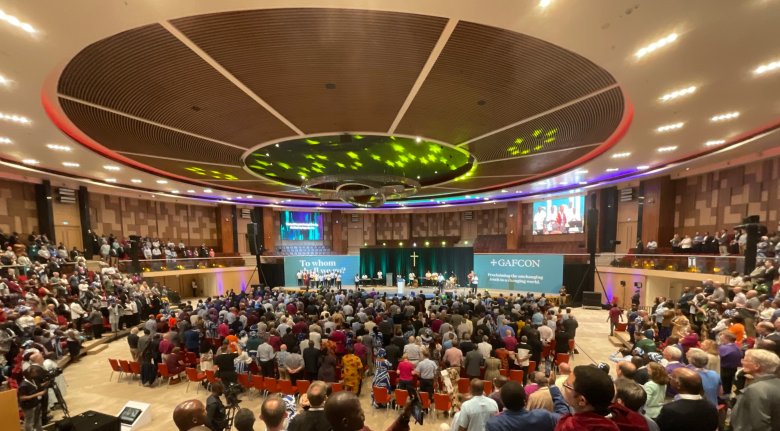What Is Anglican To Me
What do you mean when you say, "Anglican"? Lemme 'splain. No, there is too much. Lemme sum up.

Table of Contents
The label “Anglican” is starting to encompass an ever-broadening range of beliefs and positions (social and theological). It’s like saying one is Baptist, Lutheran, Pentecostal, or Orthodox. Which one? Which flavor?

This post is a reference for all other articles on this site so as to clarify what I mean when I say “Anglican” or refer to Anglicanism.
Specifically
A person, parish, diocese, or province that
- holds a serious1 view of scripture and considers it the only source and final authority for all things needed for Godly living (see also the Jerusalem Declaration, and this is fully in line with my Calvary Chapel background),
- practices the liturgies found in the Book of Common Prayer (or BCP, I prefer the 2019),
- as well as the other things that classically make one Anglican (the 39 Articles of Religion, the Nicene, Apostles, and Athanasian Creeds.
That first bullet point is the most delineating one. Over the last couple of decades it has been the thing that has been either the most divisive or the most unifying, depending on your point of view (I prefer unifying in the truth).
Just so you know this isn’t just me and my subjective view or preference. An organization called GAFCON (Global Anglican Futures Conference) started in the 2000s, primarily made up of churches in Africa (see why below) who were concerned that the authority of scripture was being abandoned in North America and Europe. They helped to start a new Anglican province called the Anglican Church in North America (ACNA). In the ACNA is the Diocese of Cascadia (Alaska, Washington, and Oregon). I was ordained a Deacon in this Diocese in October of 2022.

These are my people.
At the Gafcon IV gathering in April of 2023, representing about 85% of Anglicans around the world (Anglican being the thirdt largest Christian communion in the world after the RCC and Orthodix churches), the Kigali Commitment was drafted and issued in direct response to the unbiblical theological trajectory of the Church of England (CoE). Ironically, the CoE is now out of step with the vast majority of those who descend from her once Biblically faithful and God loving and fearing leaders.
Generally
Anglican - anglo, of England.
The Church of England was created when the King and clergy of England split from the Roman Catholic Church (RCC) in the 16th century. Christianity had made its way to the British Isles well before the Roman Catholic Church arrived. “Celtic” Christianity had its own vibe, feel, and expression that was the best of Celtic culture and what early Christianity brought to the party. Over a few hundred years the CoE alternated dominating England with the RCC, depending on who the monarch was.
Eventually, England began to colonize many parts of the world. With the colonies came missionaries from the CoE, resulting in Anglican churches in the countries of India, Australia, the African countries, Canada, and America (The Episcopal Church).
Any church that can trace its origin and affiliation to the Church of England can apply the broad term “Anglican” to itself. Until recent times, churches around the world could proudly consider themselves part of the Global Anglican Communion. As indicated above, the “union” in the Communion is less so. Therefore the need for me to write this post.
In Short
To me, a church with an Anglican heritage that takes the Bible seriously is what I mean when I say, “Anglican.”
- To take the Bible “seriously” means to take it literally where it’s being literal, figuratively where it being figurative, primarily in its historical and cultural context. ↩︎
The Worst Anglican Newsletter
Join the newsletter to receive the latest updates in your inbox.



